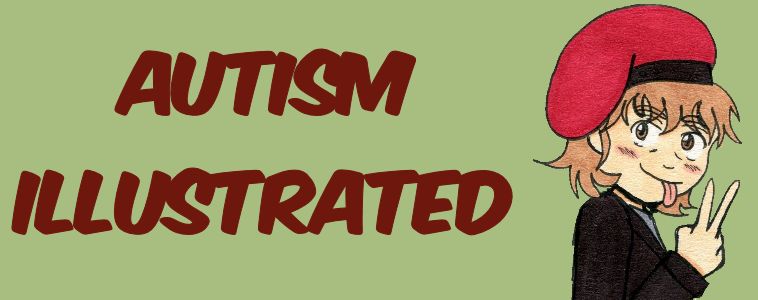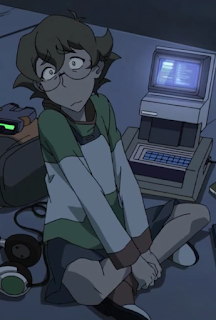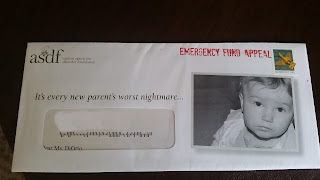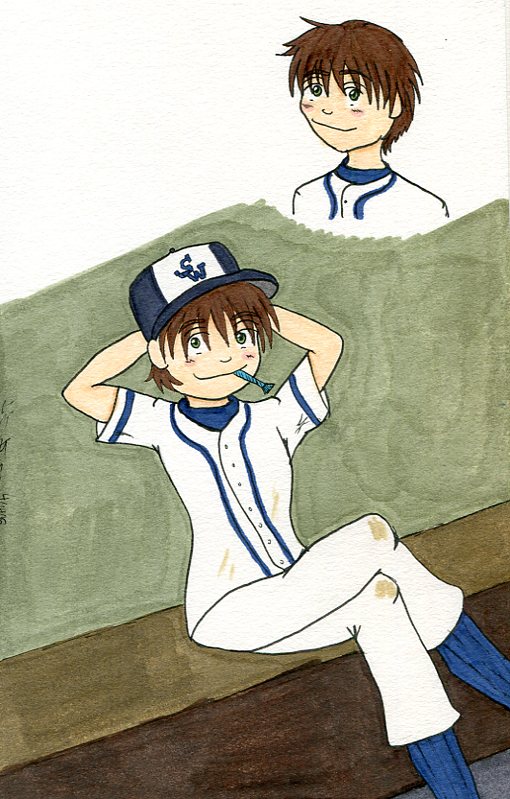This morning, I wrote a post on Facebook that I also shared to my Tumblr account:
I slept worse last night than I have in some time, probably because I’m horrified that such a large percentage of our country is filled with bigotry, racism, sexism, homophobia, and all other manner of horrifying things. I’m a disabled woman (I’m autistic) and I’m now fearing for my safety and rights due to the rampant ableism on display from these people.
I’m an autistic rights activist, and I refuse to stop fighting to protect anyone who’s marginalized, not just my fellow autistic people. If you need someone in your corner, let me know, because I’ll do my level best to help you through. We’re going to get through this because we’re going to fight back and show people just how amazing humanity can truly be. We don’t take our orders from demagogues, we take them from our hearts. We don’t follow, we lead.
Let’s continue to lead and fight for human rights for all. I’ll be right there on the front lines with you. It’s never been a better time to stand up for what’s right and ensure that everyone can live in safety, regardless of gender identity, sexuality, race, ability, past traumas, financial need, age, or anything else. Everyone deserves to feel safe to be themselves and I won’t rest until they are. You with me?People have been responding to both of these posts in varying ways, and the one that makes me the saddest is multiple people feeling like they have no fight left in them. These are the people I've always fought for the most because someone needs to keep going and carry them.
In 2013, I watched the Red Sox win the World Series for the third time in one decade, and it taught me more than the wins in 2004 and 2007 did. This particular win came through sheer force of will. The Red Sox were carried by David Ortiz throughout that World Series. One man was able to pick up 24 other men on his back and carry them to a title because he believed so strongly in helping his city heal from a horrible event, the bombings that had happened back in April of that year. He was so motivated that his determination carried the team along. He motivated them and he gave them strength. We need people to be like Papi and stand up and be that determined person who carries everyone else, and I'm ready to be that person now. My friends and family need it. I needed it not long ago myself. I'm actively trying to be the person I needed when I was younger, and I'm realizing now that a lot more people need that person than just me. I have to work even harder now to make sure that people have that person.
I had a panic attack last night as the results of the election came in. I hadn't had one like that since 2011, when I was still dealing with an emotionally abusive friendship. This morning, I quickly realized that my fear had become anger and motivation. I also noticed that not everyone was able to respond this way, and that is why I'm writing this post now - someone has to lead the charge to fight back for those who are unable to, so here I am. I'm angry, I'm resentful, and I won't accept anything less than human dignity.
Think back to about a year ago when an indie game called Undertale was released to great critical acclaim. The messages of that game were simple - be kind to others, especially those who are different from you, and never give up. Stay determined. Stay determined to make this world a better place for everyone, not just the people who are like you.
When you die in-game, the following screen pops up:
"Game Over - you cannot give up just yet." This is followed immediately by the name you chose to play with being told to "stay determined." Sure enough, you're back in the game right afterwards from the last place you saved.
This feels like a game over right now. But anyone who's played video games can tell you that game overs just mean you get to try again. You can always pick back up from your last save point and fight on even harder. And eventually, you do beat that boss or that level, and it's so satisfying because you worked so hard for it and you finally achieved it. Right now, we've got an abhorrent boss fight ahead of us - there's a large mass of mooks who believe in subjugation of human beings who aren't like them. Stand up to them the same way you'd stand up to a boss's subordinates in a boss battle. Make sure they know you're not complacent with their bias, and continue to fight for what's right until that boss, Bigotry, is finally defeated.
The only way to truly lose is to stop playing the game, and my parents didn't raise a quitter.









